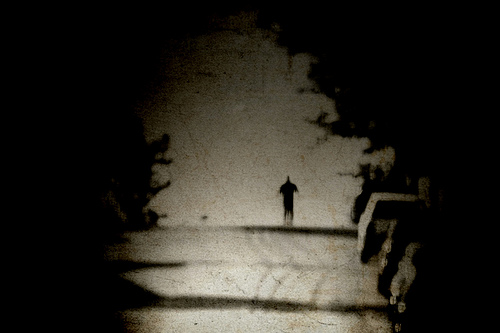28.8.15
"The dialectic case of the 'things we do', the 'things we have done' and the 'things we are going to do' has been haunting present and earlier generations. For ages people have been confronted with the soul-searching question how should I interpret the past and how do I move forward. Linguistic sayings, which were inherited from century to century, gave us a good deal of remarkable advice and moral guidance in this field : " Do what is right and let come what come may ", " Do well and fear not ", " Do well and dread no shame "."
"It may be somewhat paradoxical to refer to shame as a 'feeling,' for while shame is initially painful, constant shaming leads to a deadening of feeling. Shame, like cold, is, in essence, the absence of warmth. And when it reaches overwhelming intensity, shame is experienced, like cold, as a feeling of numbness and deadness. [In Dante's Inferno] the lowest circle of hell was a region not of flames, but of ice---absolute coldness."
22.8.15
"Nobody sees anybody truly but all through the flaws of their own egos. That is the way we all see ...each other in life. Vanity, fear, desire, competition-- all such distortions within our own egos-- condition our vision of those in relation to us. Add to those distortions to our own egos the corresponding distortions in the egos of others, and you see how cloudy the glass must become through which we look at each other."
Assinar:
Postagens (Atom)
